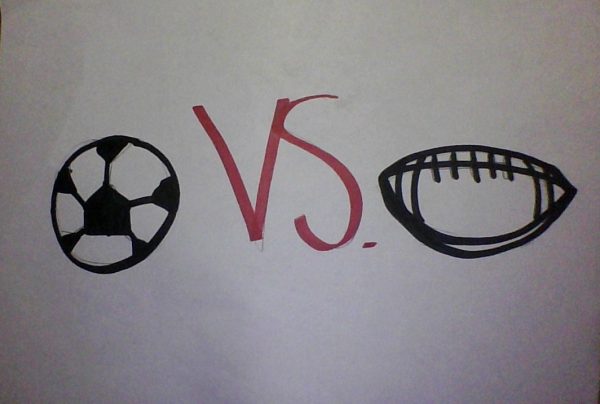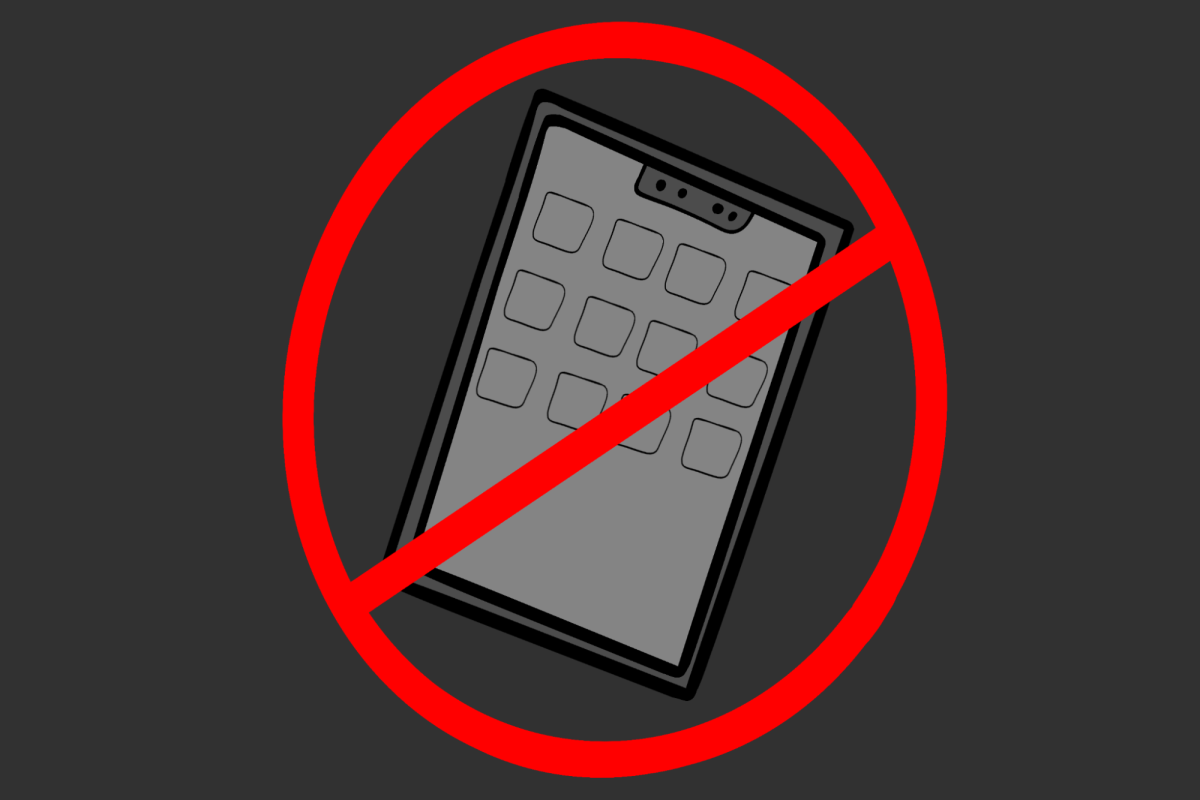
Football is one of the major sports at WAHS. We have many students participating at our games, designated student sections, and our very own band to hype up the students cheering for the players. Not only that, but we have the cheerleaders cheering and supporting the players on the field. Students at West Albany are well aware of the football games broadcasted on social media platforms. So now, it’s time to figure out just what is the same for the other sports and how what people get may differ depending on their circumstances.
At West Albany, all sporting events are open to spectators.The cheerleaders are there at every Varsity and JV games for football and basketball, cheering and working hard to support their school. Sophomore cheerleader, Aryanah Card, voices her opinions on how her team is treated during football season. She lets on that most of the money that her team earns is through drives and donations because going to state is expensive. She states that, “We do fun things with our team, like selling pies. All sorts of things like that.” She explains the base of her sport, especially when it is compared to others. “I feel like sports teams should just be treated more fairly, because a lot of our team has to fund our own things, and some other sports teams get funded by the school.”
Even knowing this, students at WAHS are turned in a totally different direction when it comes to how the staff and teachers feel about how things are allocated between sports. But by interviews, we quickly can understand that what the athletes say, don’t match up with their coaches.
Our Athletics Coordinator, Don Lien, shares his experiences with how things are distributed, and how he does it.
“We have an athletic budget that’s determined by the district,” Lien said, “So there’s a budget that they give us, and then from there each sport is allotted certain amounts of money for needs like, balls and equipment that would help the actual sport run itself.” Lien says that he makes sure that every sport is allotted what it needs based on what season it is, prioritizing necessities over wants. “Unless we have discussion based on what people need,” Lien said, “I’m not sure what I need to change.” When students share their opinions on how they feel regarding what’s fair or not, Lien explains that he never actually gets opinions from the students, and only hears from the coaches, which explains why coaches feel they are well supported, and the students can feel the opposite.
“Sometimes I’m not aware because the athletes never share with me. I’m very receptive, because as an Athletic Director, that’s my job.” Lien also discusses that when it comes to funding, he wants to make sure that all the sports have what they need, like new equipment, even though it won’t be the same equipment. Lien adds “If there’s a need, and it’s greater than that other need, we’re gonna go after that need that makes the most impact with those sports for balance.”
When talking with the other staff, we come to a deeper dive when it comes to those sports that do not receive as much attention towards sports like football and soccer. The Cross Country Coach, Babette Grunwald, shares her opinion on how she thinks her sport is treated in terms of fairness and equality, and how the funding is impactful.
Grunwald shares that she feels well heard and supported by the district when it comes to how her sport is treated, which shows the impact that Lien has on the staff. She shares, “They are funding all the meets we are going to.” Grunwald also mentions that meets had changed and are invitational, so now, the district pays for them. When asked if she was aware with how things are distributed, she claimed she wasn’t really aware with what happens, but she says if she has any questions she feels like she’s heard when she asks them.
Cross country is not as recognized as paid attention to compared to field and track. Grunwald did, however, share the condition her uniforms are in, and how she feels she has no community when it comes to Cross Country.“We do have really old uniforms, and [I] would like to be getting new uniforms. We were told that we will be sharing uniforms with track and field.” Grunwald tells us how she wishes there were more people in her community, and like football, wishes she had a big audience to watch her team. “I feel like we do not have many student supporters at any of our meets. I mean we definitely don’t have a whole cheer coming to support us at our meets, or students coming in and wearing a certain color.”
When talking about sports, the Freshman class especially, shared that they weren’t exactly sure where to find resources about sports. When talking about JV sports, we can see a pattern in how little certain sports come up on platforms like Instagram, or on the school website.
Sydney Velez, a sophomore athlete who participates in cross country, shares her experiences with the sport. Velez talks about how she joined this sport because it was easier to pick up than sports where you had to learn rules, like basketball and soccer. When asking Velez how she thinks things are being distributed compared to other sports, she immediately brings up the Jerseys, talking about how she feels it is nowhere near being funded fairly. “We don’t have jerseys – well I mean our jerseys are just passed down from years behind. And we don’t have funding for our own personal equipment, we don’t have like anything to ourselves, like other teams might have.”
When talking about experiences in her interview, Velez talks about State, and how she wishes the school took more credit. She explains a time when last year, they had an assembly about the kids that had gone to state, but no one had even talked about cross Country, let alone acknowledged it. “We had this big assembly, and they wanted to recognize every single fall sport, so they brought someone from every single fall sport down in front of the whole school, except for cross country.” Velez also adds, “They didn’t mention cross country, they didn’t bring anyone, even though we had someone go to state. [They] just completely ignored us.” Even when talking about how some sports are promoted, Velez still talks about how she doesn’t feel anything is fair. “Yeah, we’re not really advertised, we’re not really mentioned, we’re not really seen the same way as some other sports. Everyone knows about all the basketball games, all the games for soccer, all the football games. While cross country is kind of ignored…”
So, it seems that even though things are distributed fairly, according to the Athletics Coordinator, everyone perceives things differently. Velez adds at the end of her interview that she wishes the school put up things like posters for her sport to get the word around. “I think it needs to be promoted with, like, flyers, and I’d really like to see a lot of recognition for our better runners.”
The discussion of field priorities and resource allocation in school sports reveals a complex web of disparities that impact athletes, coaches, and team members differently. The voices of coaches and teammates shed light on the pressing need for equitable distribution of resources, emphasizing that every athlete deserves the chance to compete and thrive.



